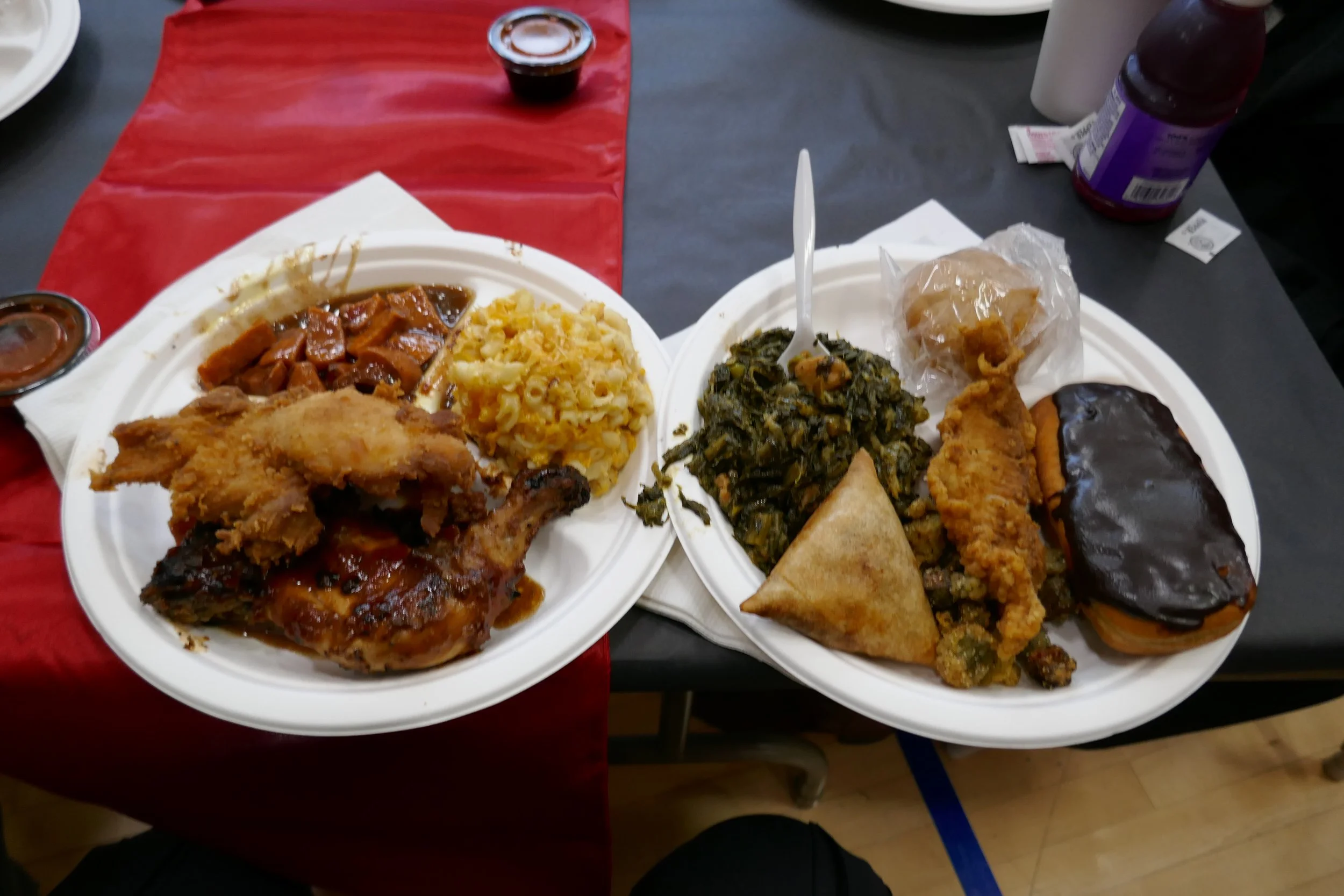Juneteenth Event



Juneteenth, celebrated on June 19th, is a federally-recognized holiday celebrating the emancipation of enslaved peoples in the United States of America. After the Emancipation Proclamation was issued in 1863, it was not fully enforced across the country, and many enslaved individuals remained unfree. On June 19th, 1865, the Union Army, under the command of General Gordon Granger, arrived in Galveston, TX, and informed the people of Texas that those who were formerly enslaved were now free (Mary Elliott, “What is Juneteenth?”, Smithsonian National Museum of African American History and Culture). Juneteenth brought about the freedom of enslaved peoples in the rebelling states, though not throughout the country; it wasn’t until the 13th Amendment was passed and subsequently ratified at the end of 1865 that slavery was made illegal in the United States of America (“The Historical Legacy of Juneteenth”, Smithsonian National Museum of African American History and Culture).
In commemoration of the emancipation of formerly-enslaved Americans, the Juneteenth event at WCCW, themed “Block Party for the Culture”, took place June 21, 2025, and involved musical performances, spoken word pieces, traditional and modern dances, and the celebration of Black history and culture. It was extremely well-attended by WCCW residents and staff, as well as their friends and family. The event’s programming concluded with food and drink being served as the room filled with the sounds of music, laughter, and community.
Bonnie Teafatiller, a FEPPS staff member and alum of the AA program, was heavily involved in the planning and execution of the Juneteenth event at WCCW, and has graciously agreed to share about her experiences with the event:
“My name is Bonnie Teafatiller I’m serving a 25 year sentence, I’m Afro-Indigenous, I work for and with FEPPS and received an Associates Degree through FEPPS. I was on the core committee of the Juneteenth event planning of 2025 at WCCW.
Planning the event was a fight, daily. We had to advocate and constantly apply pressure, which often led to disappointment. We had to fight for equitable representation. We fought to be recognized and respected. Our fight was to not be relegated to an outer edge. We advocated for inclusion and community. We were constantly advocating for time and space for us to plan and practice. We applied pressure on time sensitive matters and the performative allies who did not make us a priority. We were subjected to microaggression, our event and the proper paperwork was not handled with care and had to ask for permission from individuals that did not know our struggle. We were hurt and felt oppressed, leading some of us to tears.
However… we had multiple organizations and family/friend support that were genuine allies and continue to be. FEPPS gave us a space to create and organize. Black Prisoners Caucus came through in a major way, they continue to show emotional and physical support. The Bassetts donated over 100 items of African garb and clothing, they have nourished this facility spiritually and inclusively for many years. We had a few staff members that showed support when they could and advocated for us.
Despite the constant fight our event was very successful, our hard work and resilience paid off. Some of us did not take ‘no’ for an answer. Because of that , the room was full of diversity, laughter, love, good food, community, and joy. I’ve been here for several years and have been on several planning committees for Black History and Juneteenth and this year we celebrated Juneteenth in a way I’ve never seen in this facility. We paid tribute to a historically disenfranchised population. We celebrated. We turned up, educated, and agitated some. We had dances, speeches, honorary mentions, libations, the Black National Anthem, and some raw expressive talent… still lingering in the facility. There was beautiful art created by our population. It was full of life… then they brought in the drug dog and had it sniff every section, didn’t let us use the restroom, and made our guests leave early. I was so angry I cried. It left me with two questions: “Why?” and “When is this going to stop?”.
It was a learning experience that I will never forget. But… the celebration will never be forgotten for those that got to experience its richness.”

